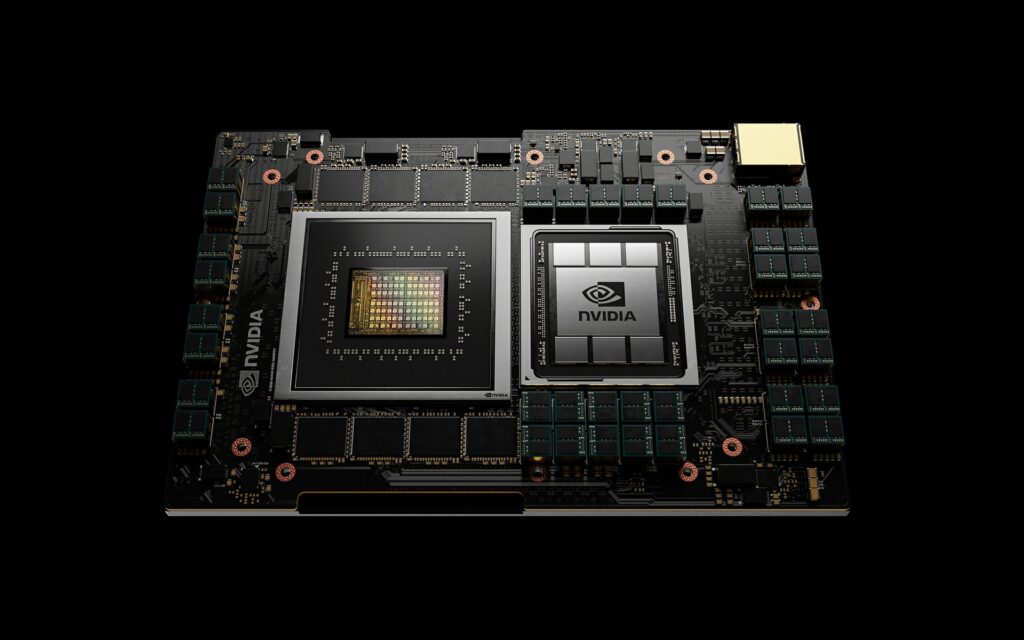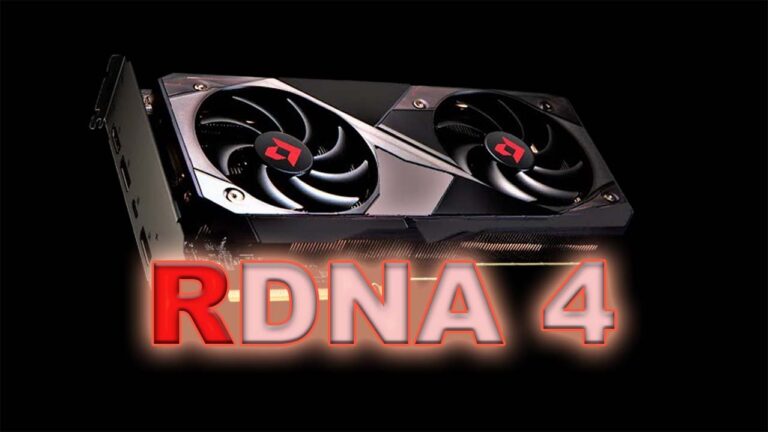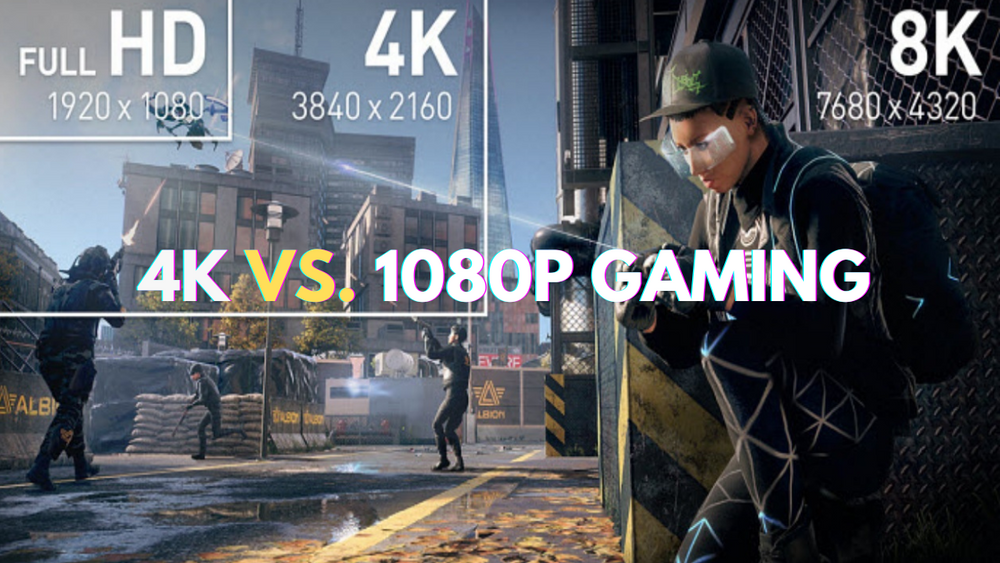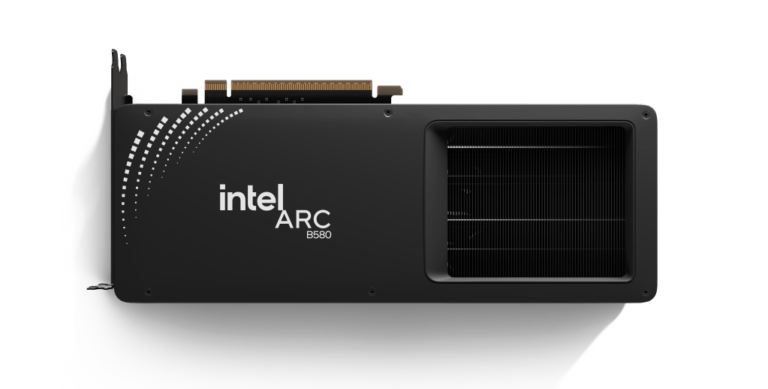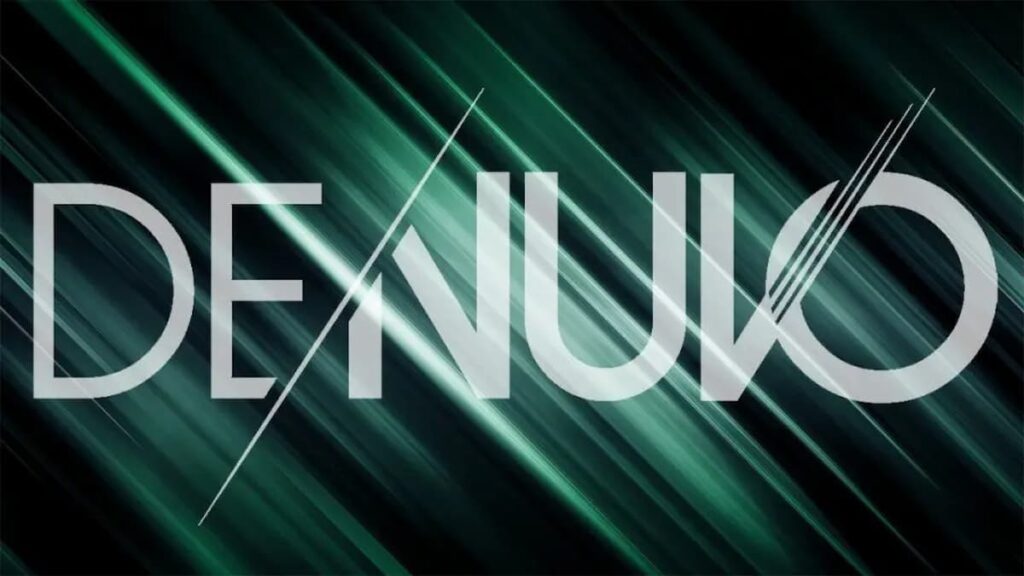
In the gaming world, some groups exist purely to benefit publishers, leaving gamers on the sidelines. Denuvo DRM. Here’s why this anti-piracy software frustrates gamers and what industry experts say about it.
Why Denuvo DRM Gets Under Gamers’ Skin
Denuvo DRM (Digital Rights Management) is software designed to prevent piracy. While it might protect publishers’ profits, it often feels like a disadvantage for gamers. Here’s why.
- Performance Impact: Denuvo is notorious for causing performance drops in games, sometimes leading to single-digit frame rates or capped frame rates. This can heavily impact the gaming experience, sometimes making games sluggish or unplayable.
Always-Online Requirement: Denuvo often forces games to be online-only, preventing offline gameplay. Gamers in areas with unstable internet, or those who just want to play on the go, this can be a major inconvenience.
Limited Game Preservation: DRM protection makes it nearly impossible to preserve games for future generations. Once the servers for a Denuvo-protected game go offline, gamers lose access, as there’s no way to play offline.
DRM and Anti-Cheat: Two Separate Tools
Some people argue that requiring an always-online connection helps prevent cheating in live service games. However, DRM isn’t an anti-cheat. Anti-cheat software is designed specifically to keep gameplay fair, whereas DRM is purely a publisher protection measure. So, even if DRM limits piracy, it doesn’t actively support fair gameplay.
Denuvo's Defense: Why the Company Thinks Gamers Should Appreciate DRM
Despite the backlash, Denuvo claims its software benefits the industry. In an interview, Andreas Omen, Denuvo’s product manager, explained that protecting games from piracy helps increase revenue, which developers can reinvest into creating new games.
According to a recent study, Denuvo DRM may prevent up to a 20% loss in launch revenue, though gamers remain skeptical. Omen admits that Denuvo has a “toxic reputation,” especially on platforms like Steam’s forums, which he describes as “very hostile.”
The Real Issue with Piracy: A Service Problem
Gaming legend Gabe Newell, co-founder of Steam, argues that piracy isn’t a pricing issue but a service issue. When gamers resort to piracy, it’s often due to limitations like region locking, delayed releases, or poor accessibility, rather than the cost of the game itself. Offering a better service, Newell says, can make piracy less appealing.
Denuvo Tries to Win Over Gamers… and Faces Backlash
In a recent effort to improve its reputation, Denuvo launched a Discord server to interact with the gaming community. However, within two days, the server had to be temporarily shut down due to hostile reactions and overwhelming negative feedback from users.
Gamers argue that if Denuvo truly wanted to improve its image, it would address the performance concerns and offline limitations that frustrate users, instead of simply defending its existence.
The Financial Side of DRM: Is It Worth It?
Denuvo claims its DRM solution protects up to 20% of revenue for games during launch windows. For publishers, this can be significant, but gamers remain unconvinced. Many feel that if DRM negatively impacts the gaming experience, the industry should explore alternative ways to protect revenue without hindering gameplay.
The ultimate question remains: Is the protection DRM offers worth the performance trade-offs? Or could publishers achieve better success with DRM-free launches that build goodwill with their audience? For now, gamers continue to wait for a solution that balances profit protection with a seamless, player-focused experience.
Should Gamers Embrace Denuvo?
While Denuvo argues it protects the gaming industry from piracy, most gamers view it as an unnecessary burden. DRM-free games and platforms, such as GOG.com, show that there is demand for games that respect user rights and offer offline play without restrictions. Until Denuvo can address these core issues, it’s unlikely that its reputation among gamers will improve.


